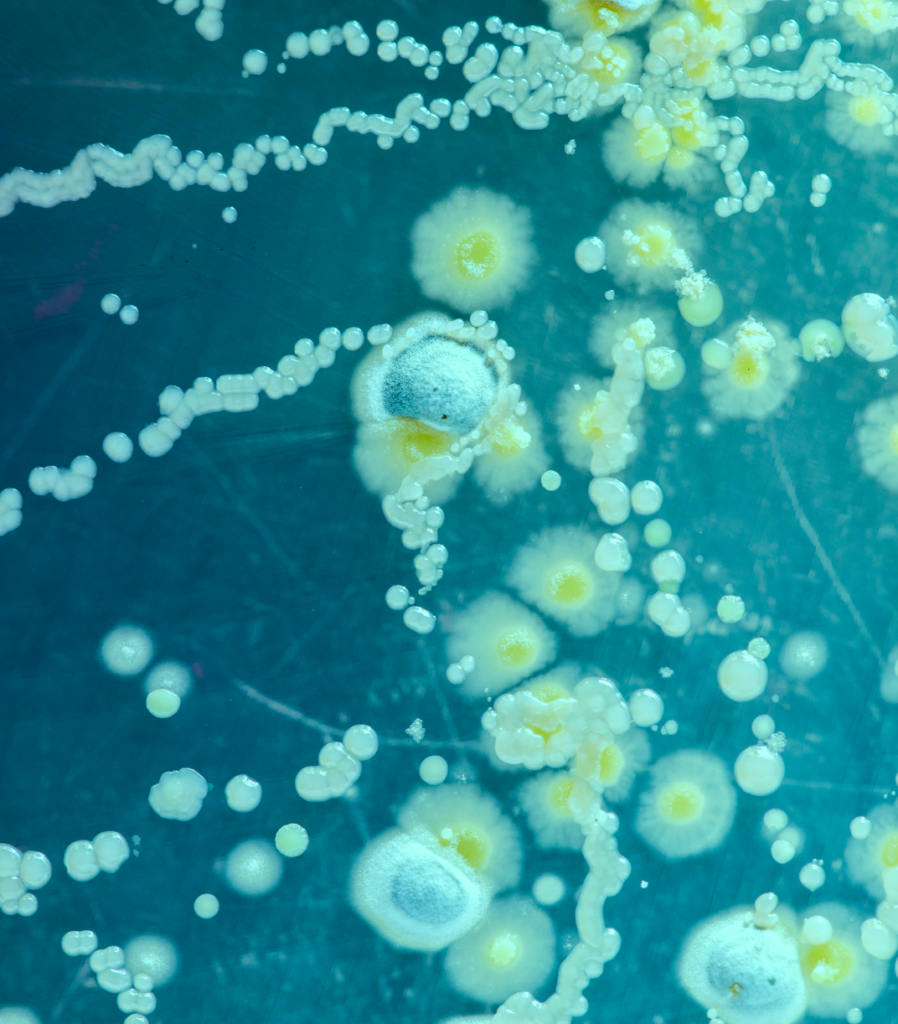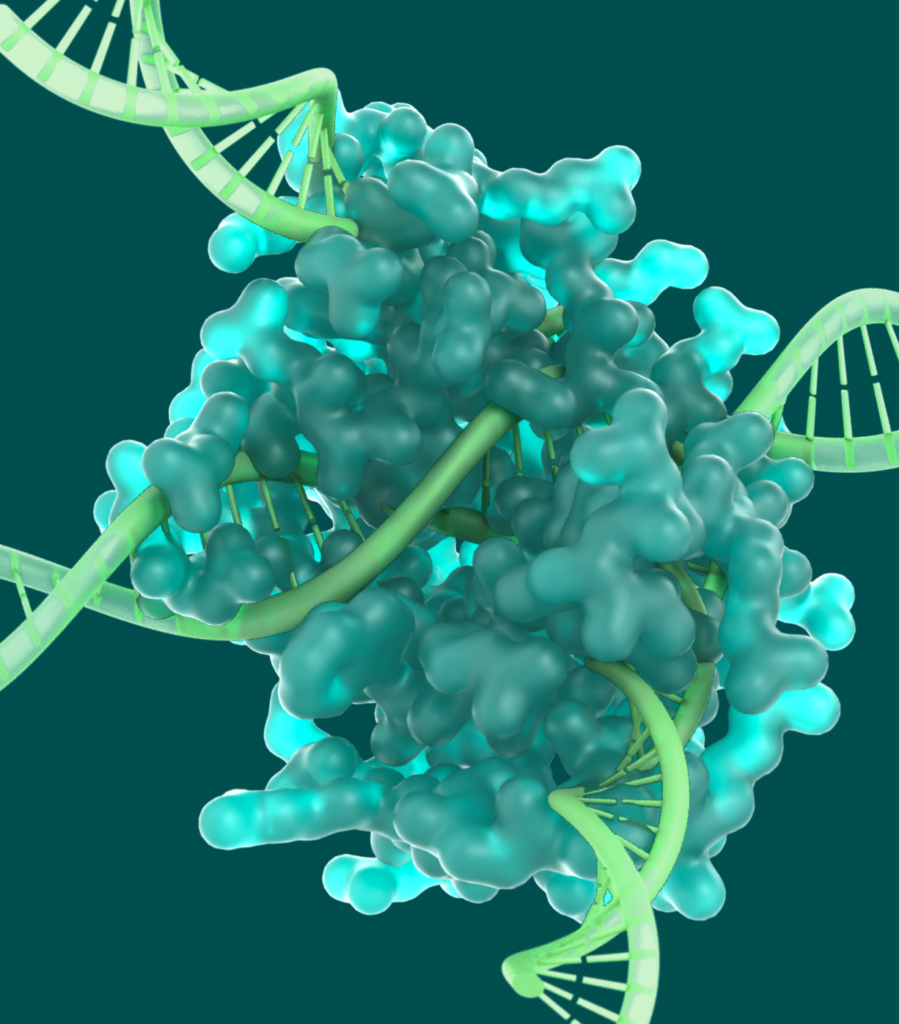CASE STUDY — FOOD & AGRICULTURE
Amylases that
do more, better.

Overview
The sugar landscape has changed dramatically in the last several years. A combination of new sustainability practices, demands of health-conscious consumers, and global conflicts and supply chain issues have all made clear that more diverse starch resources are needed, sooner than later.
Challenge
Amylases—enzymes that digest starch—are being asked to do more than ever. They need to function on new and difficult-to-digest starches, perform better in colder environments (such as cold water detergents), and support burgeoning industries like biofuels and sustainable aviation fuel, which rely on efficient amylases for the production of bio-ethanol, derived from starches.
In short, we need to get more and more out of our renewable resources, including more diverse amylases that can meet an increasingly demanding list of needs.
Approach

Going straight to the (natural) source
We conducted a thorough screen of our bit-GEM database, which contains sequences from naturally sourced microbes. Following downselecting for only sequences from BSL-1 organisms (important for anything that could be considered food), we conducted in vivo screening for activity at varying temperatures and pH levels.
Result
- Over 3,000 unique sequences identified, including natural amylases that:
- Work at temperatures from 4-90℃
- Perform in a variety of both acidic and basic conditions
- Have calcium-independent activity
- Have varying hydrolysis properties
Relevant Resources
Presentations
bitBiome Company Intro Deck
bitBiome is a synbio company powering the bioeconomy with enzyme services and products from our database of over 1.5 billion unique microbial sequences sourced from nature. Download our company intro…
Publications
High-Quality Draft Single-Cell Genome Sequences of Two Gammaproteobacteria Strains Sampled from Soil in a Strawberry Farm
Brochures
bit-QED Brochure
Publications
Exploring strain diversity of dominant human skin bacterial species using single-cell genome sequencing
Additional case studies

Drug Discovery Case Study
Drug-resistant bacteria are a rising threat to global health. Endolysins may be our best new weapon in the battle.

Life Science Case Study
CRISPR fundamentally altered our scientific landscape, but to keep doing so, we need a suite of Cas proteins to match its impact.

Materials & Textiles Case Study
To build a world beyond plastic, we first need to maximize the potential and performance of PETase enzymes.


